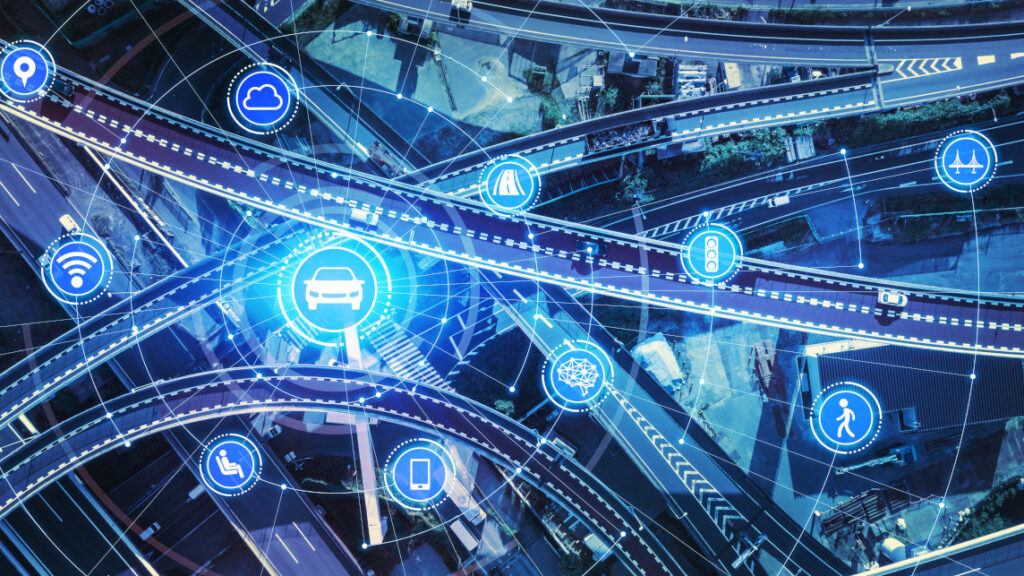More and more connected vehicles and a growing e-mobility market demand digitalised and data-driven processes and services from independent car repair shops. If you want to keep up with brand-affiliated colleagues and efficiently take sustainability into account, you have to create an experience for customers that convinces them and binds them to the company.

By Ralf Schädel, IT Editor and Project Manager Cloud Services and Gaia-X at eco – Association of the Internet Industry
Digitalisation is essential for independent car repair shops. If even the German federal government is promoting the digital transformation of processes and services at car repair shops, it should be clear to their owners that there is a need for action – and that it is worthwhile. As can be seen, for example, in the go digital funding programme. It offers interested parties up to 11,000 Euro in subsidies for digitalisation projects in various areas and recommends certified advisors and implementers to assist with the digitalisation efforts. ‘Digital jetzt’ is similar. This is another German federal funding programme that focuses on digital technologies and know-how. Digitalisation projects there are funded with up to 50.000 Euro.
Changing conditions demand action
There is a lot of talk about “Car Repair 4.0”. Whereas in the early days of the automobile, car repair shops focused on the mechanics, later on the electrics and then on the electronics of a vehicle, today it is digitalisation that challenges car repair shop owners. Developments such as the Connected Car and the increase in driving system assistants are driving the digital transformation. For car repair shops, this means not only having to cope with the emerging flood of data, but also to use it for their own benefit. Customer needs in particular are considered the key to success in order to develop digital business models, as in the Car Repair 4.0 project.
Customer needs and usage habits as a benchmark
According to a statista survey from 2021, 64 percent of the total of 3,630 respondents want live traffic information in the car as the most important service. And in exactly the same familiar way they get it from their smartphone. A vehicle finder is preferred by 40 percent, interconnection of vehicles in the vicinity (e.g. for accident warnings) by 35 percent and independent remote diagnosis by car repair shops by 29 percent. Digital services have long since obeyed customer needs along the “customer journey” and are an essential part of the “Internet of Things”.
Car repair shops focus on customer proximity in communication
It is well known that marketing strategies and customer communication go hand in hand and are responsible for better retention. Today, car repair shops need to have an appealing Internet presence and a social media presence on Facebook and YouTube. The dialogue with and the loyalty of customers as well as the findability of a car repair shop have advanced to become success factors. Those who cannot be found by smartphone and compared with others feel this in their turnover – especially in conurbations where there is a high density of workshops.
Car repair services under pressure
As the figures of the “Industry Report 2021 Car Repair Shops” of the industry service of the Sparkassen finance group show, there is no alternative for the medium-sized motor vehicle trade and the car repair business to expanding its digital infrastructure and positioning itself more efficiently in terms of services, at least since the Covid-19 pandemic: More and more maintenance tasks involve e-mobility: If independent car repair shops want to remain competitive here, digital tools and intelligent tools are a solution. A situation that could become even worse due to the market peak of e-mobility: Less wear-and-tear repairs and maintenance costs are expected than for conventionally powered vehicles. According to the industry report, it is all the more important for car repair shops to take advantage of the opportunities offered by electric and hybrid vehicles with modern car repair equipment, for example for remote diagnosis.
How digital are car repair shops?
The degree of digitalisation of a car repair shop basically depends on how many processes in the everyday business are no longer analogue but digital. In addition to the aforementioned customer communication, this can concern invoicing, time recording, bookkeeping or the utilisation of the lift. Making appointments for the next oil change, inspection or reading the error memory via app is now standard and helps to simplify processes in the office. In the same way, tools for car repair operations, such as the German language FabuCar, are becoming increasingly popular. And digital diagnostic testers and tablets have also been in use among car repair staff for a long time. Another indication that digitalisation is making progress – and that there is a growing realisation that only digitalised independent car repair shops are successful.
Did you like this article? Then subscribe to our newsletter and receive regular updates on related topics and the Service-Meister project and discuss this and similar exciting topics with us in our LinkedIn group.
